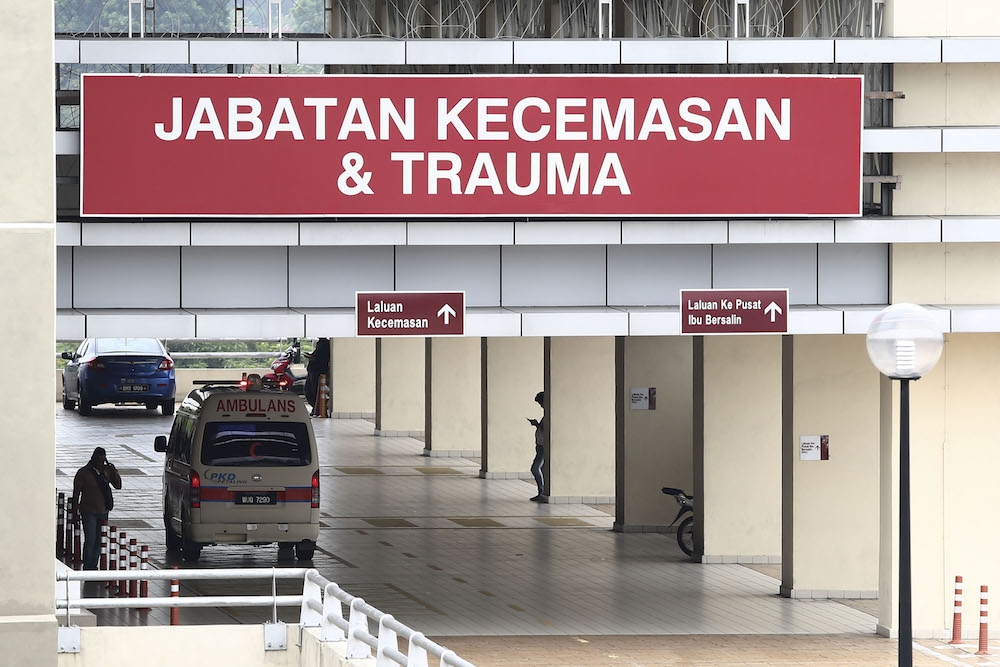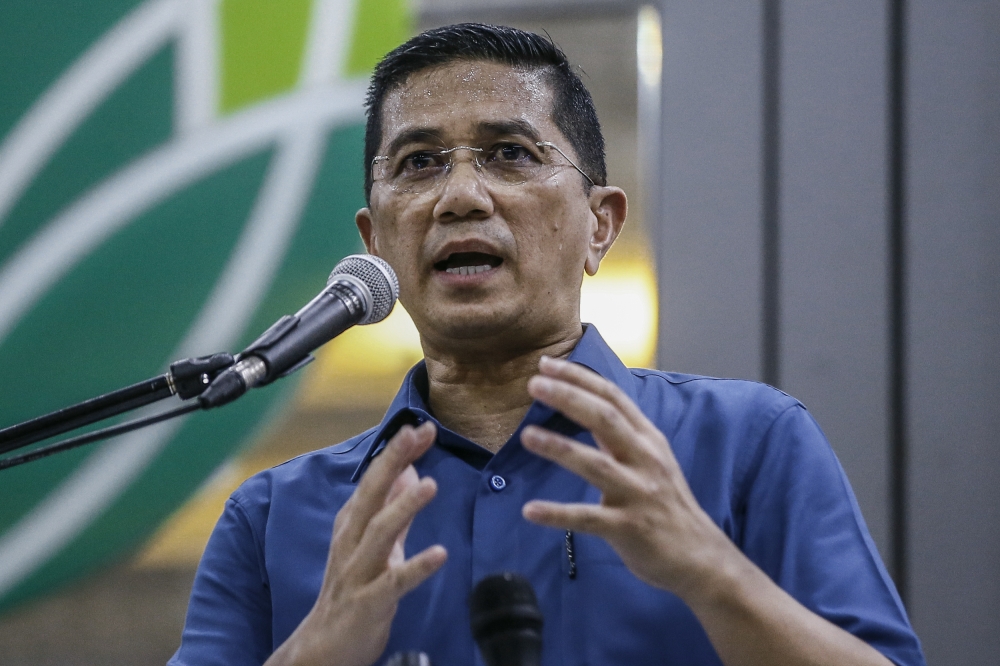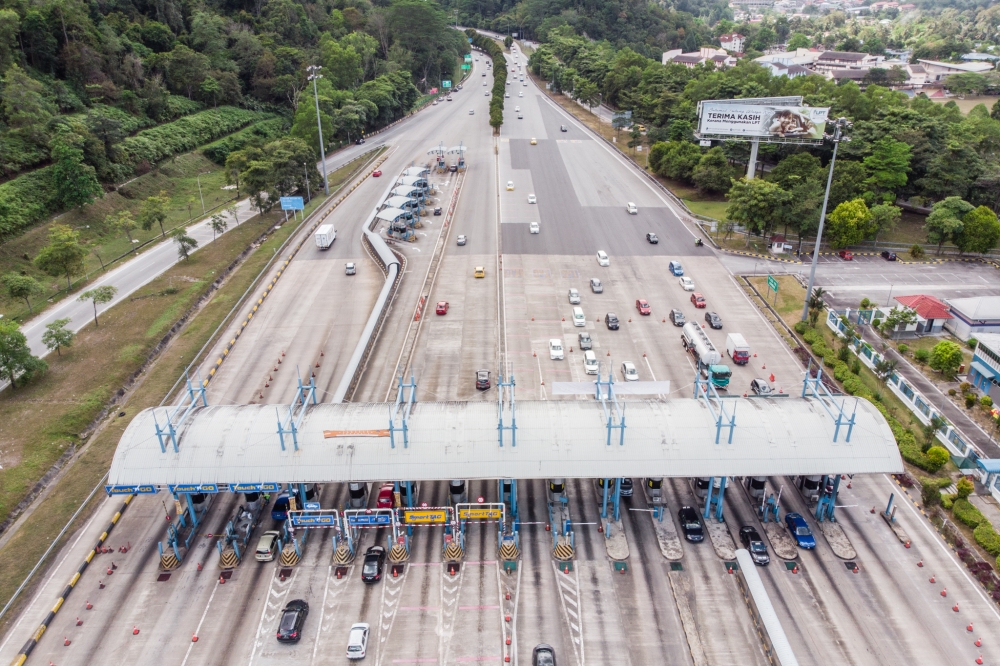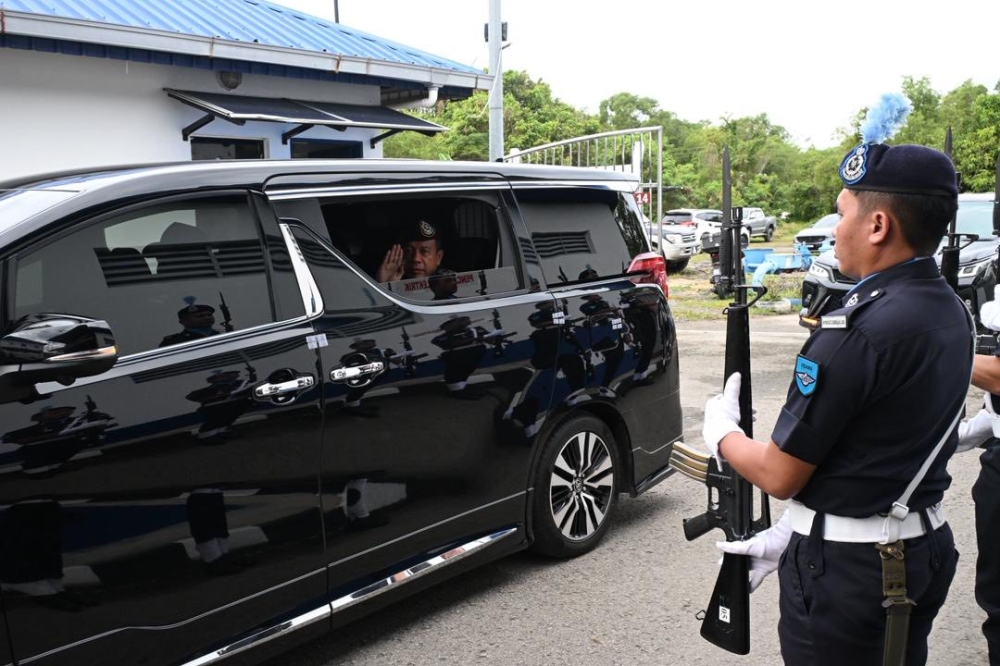KUALA LUMPUR, July 11 — PAS deputy president Datuk Tuan Ibrahim Tuan Man urged Prime Minister Tun Dr Mahathir Mohamad today to seek public opinion prior to any major changes at national carrier Malaysia Airlines Berhad.
He said this should be done openly or via Parliament, further urging the government to closely scrutinise Malaysia Airlines' recovery plan that had been discussed by government investment arm Khazanah Nasional Berhad prior to the general election last year.
“The government ought to give a chance to the plan, so that it can proceed according to the original layout and timeline,” Tuan Ibrahim said in a statement.
He concurred with Dr Mahathir's view that reviving the airline should come with the condition of retaining its national identity and without mass layoffs.
“It is a national strategic asset under Khazanah, and based on the latter's investment policy, strategic assets should be defended for the country's interests. This is compared to commercial assets which can be restructured to fulfill set investment objectives.
“I call upon the government via Khazanah to make as much effort in restoring the national airline by taking into account all views, without having to close down or sell off the majority stake to others, especially foreign companies,” Tuan Ibrahim said.
Yesterday in the Dewan Rakyat, Dr Mahathir said the government has not yet decided if it will sell the airline, strategically collaborate with other companies, or participate in another recovery plan.
He stressed that the government could not continue bailing out the firm but gave his assurance that the government’s eventual decision would not result in the loss of jobs or the airline’s identity as Malaysia’s flag carrier.
Khazanah announced the latest recovery plan for Malaysia Airlines in August 2014 that involved delisting it from the local stock market.
However, its losses from 2015 to 2017 reached RM2.35 billion, and the five-year plan's aim of profitability by 2018 was missed due to several factors, including adverse foreign exchange rates, crew shortages, and stiff competition, among others.
















.JPG)


